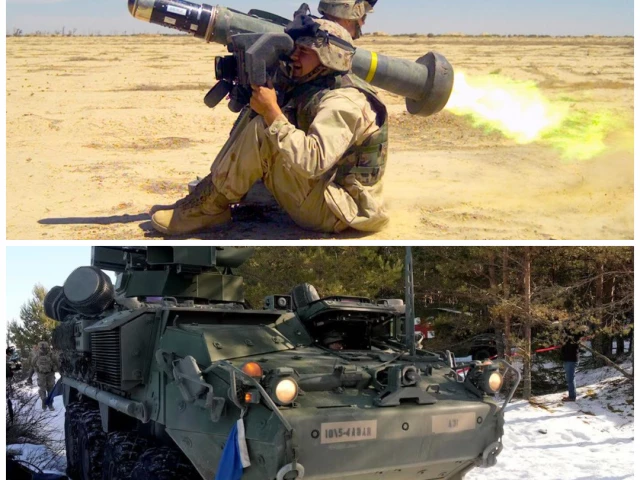India has paused negotiations on multiple high-profile U.S. arms deals, including the purchase of Stryker combat vehicles, Javelin anti-tank missiles, and Boeing reconnaissance aircraft, in a direct response to escalating tensions over new trade tariffs imposed by U.S. President Donald Trump, according to three Indian officials.
The decision to hold back on key defence procurements signals New Delhi’s growing frustration after the U.S. dramatically increased tariffs on Indian exports — up by 25% — citing India’s ongoing imports of Russian oil. The move has brought U.S.-India relations to their lowest point in decades.
Indian Defence Minister Rajnath Singh, who was scheduled to travel to Washington to formally announce the arms deals, has cancelled his trip, officials confirmed.
Strategic Deals in Limbo
Among the deals reportedly paused are the Stryker armoured combat vehicles from General Dynamics Land Systems, Javelin missiles co-developed by Raytheon and Lockheed Martin, and a $3.6 billion purchase of six Boeing P8I reconnaissance aircraft for the Indian Navy — a procurement that was in advanced stages.
Although formal cancellation orders have not been issued, Indian officials clarified that the current hold allows room for a quick revival if trade tensions de-escalate. “Not as soon as expected,” one official said about the potential timeline for the defence contracts moving forward.
Despite this, the Indian government later issued a statement dismissing reports of a pause as “false and fabricated,” asserting that all procurement activities are continuing under “extant procedures.”
Tariffs Over Russian Oil
The tariff hike, announced on August 6 by President Trump, brought the total U.S. duties on Indian exports to 50%, among the steepest for any major trade partner. Trump argued that India’s purchases of discounted Russian crude indirectly fund Moscow’s war efforts in Ukraine, an accusation New Delhi firmly denies.
Officials say India is open to reducing Russian oil imports if comparable pricing can be secured elsewhere — including from the U.S. — but emphasized that Trump’s rhetoric and rising anti-U.S. sentiment at home make it politically risky for Prime Minister Narendra Modi to pivot away from Russia.
Defence Ties Under Pressure
While India has historically relied on Russian defence supplies, recent years have seen a diversification of its arms imports — with increasing deals struck with the U.S., France, and Israel. Washington and Delhi have also engaged in joint military exercises and intelligence sharing, which officials say remain unaffected.
Yet the current freeze on new deals could impact what has been a growing strategic partnership aimed at countering China’s regional ambitions.
Russia, meanwhile, continues to court India with advanced systems such as the S-500 missile defence platform, though Indian officials say no new Russian arms purchases are imminent.
Broader Diplomatic Strains
This isn’t the only diplomatic friction between Washington and Delhi. India refuted Trump’s claim that the U.S. brokered a ceasefire with Pakistan earlier this year, and also criticized his White House meeting with Pakistan’s army chief. These incidents have further soured the bilateral atmosphere.
As U.S. companies referred media inquiries back to their respective governments, it’s clear the future of U.S.-India defence ties now hinges on resolving the trade impasse — and restoring political goodwill on both sides.

